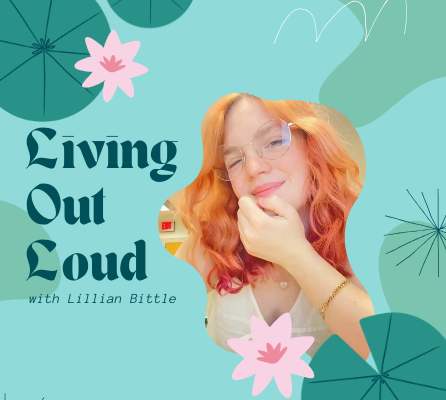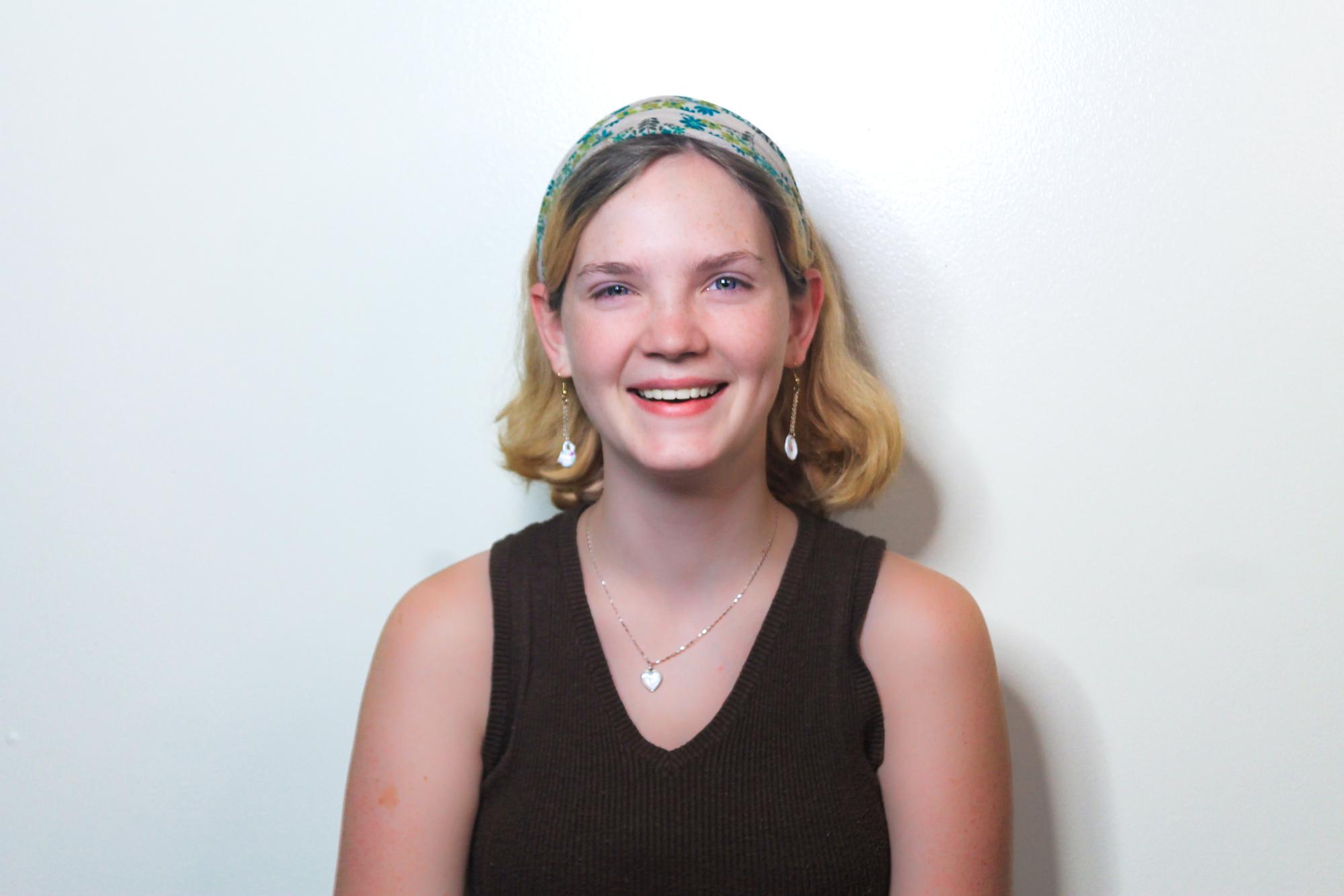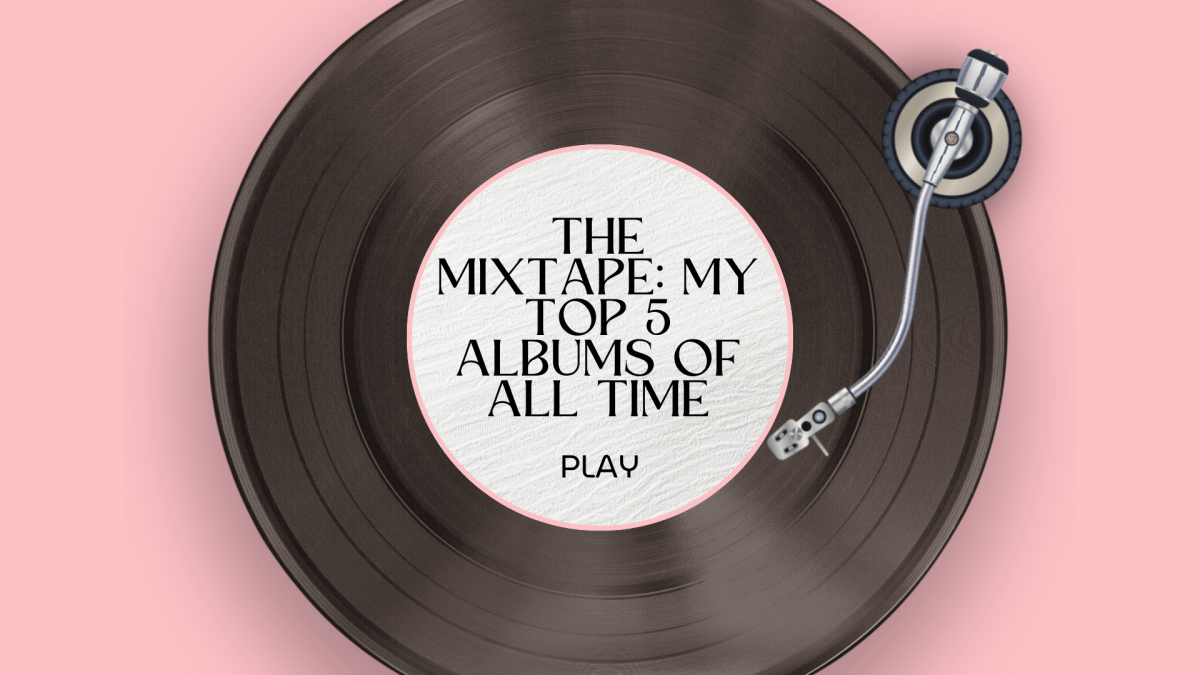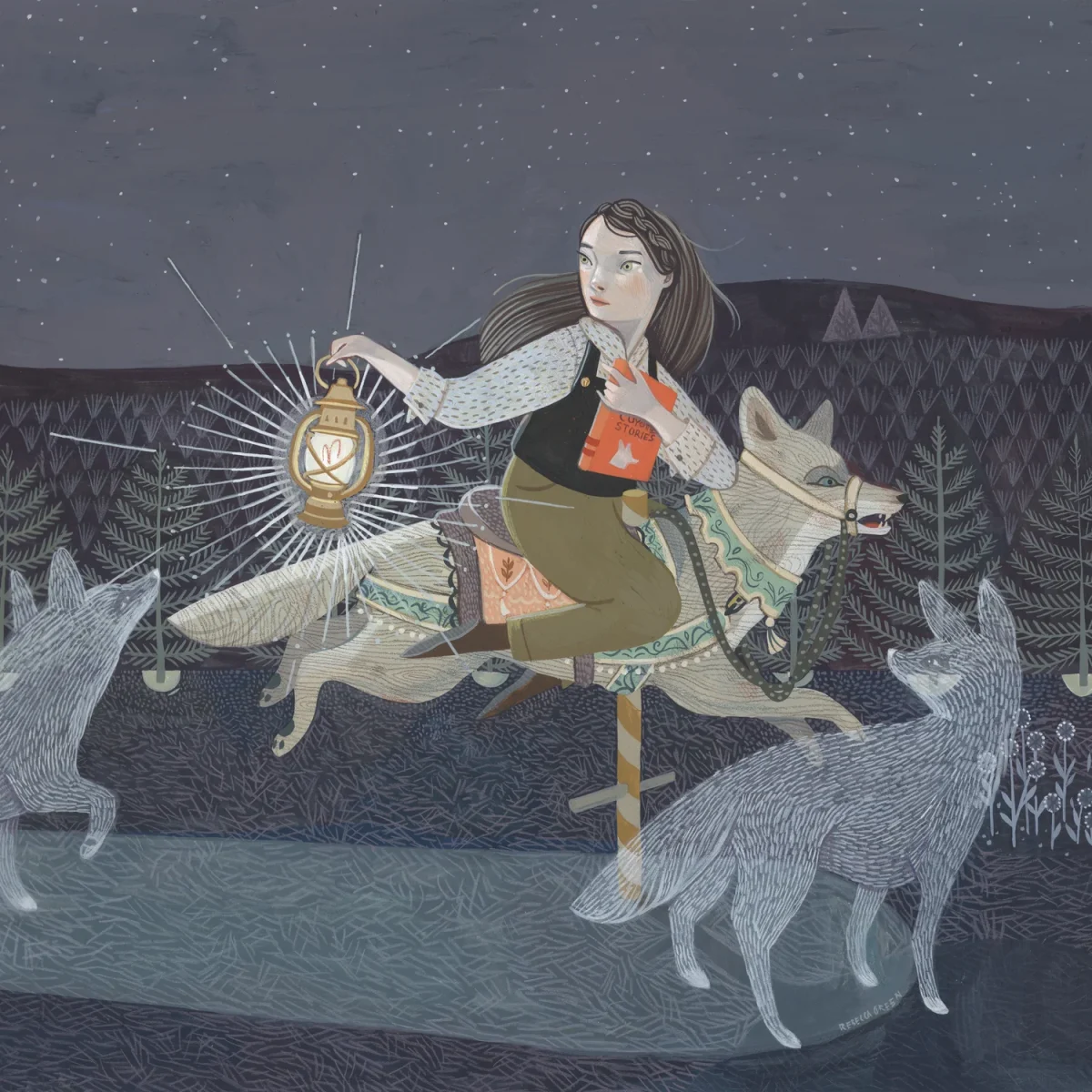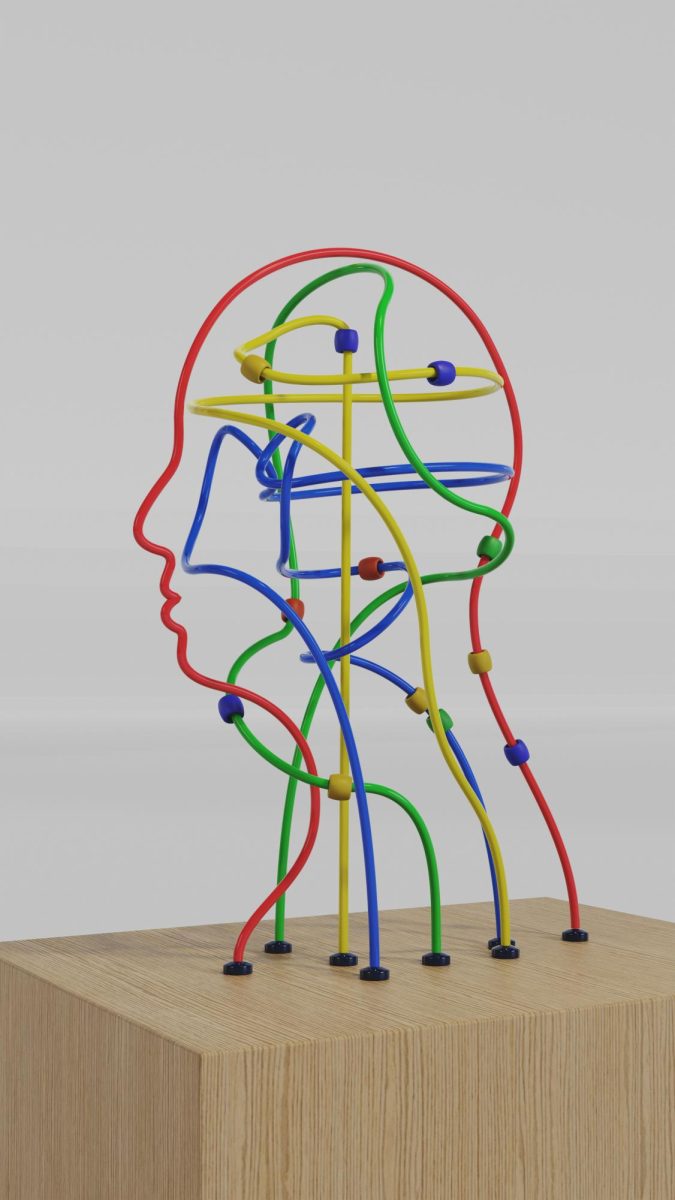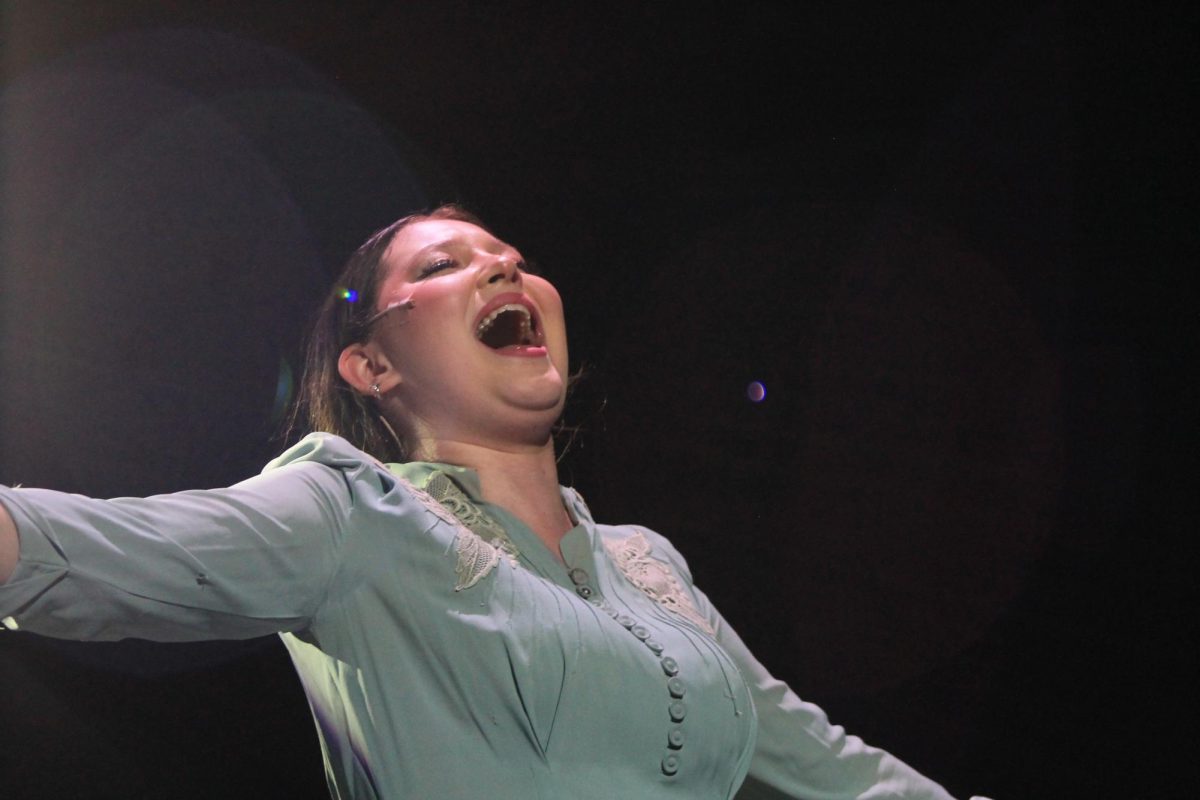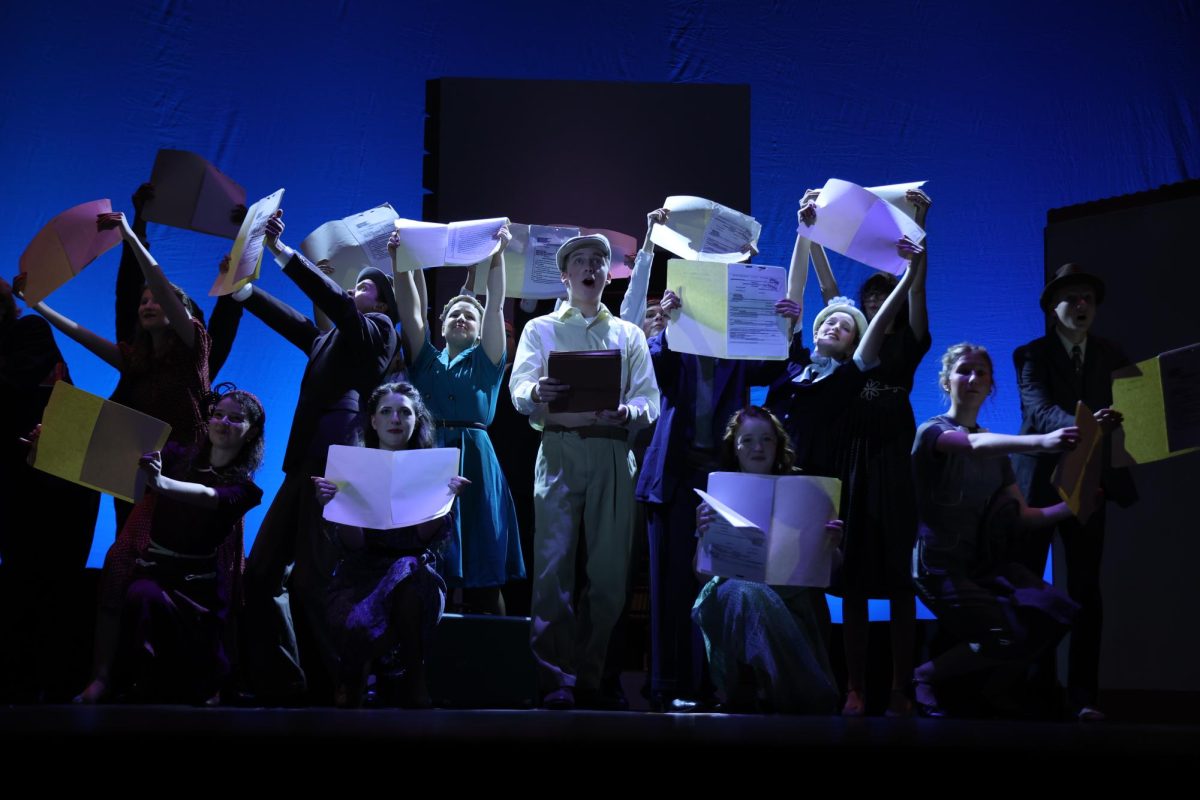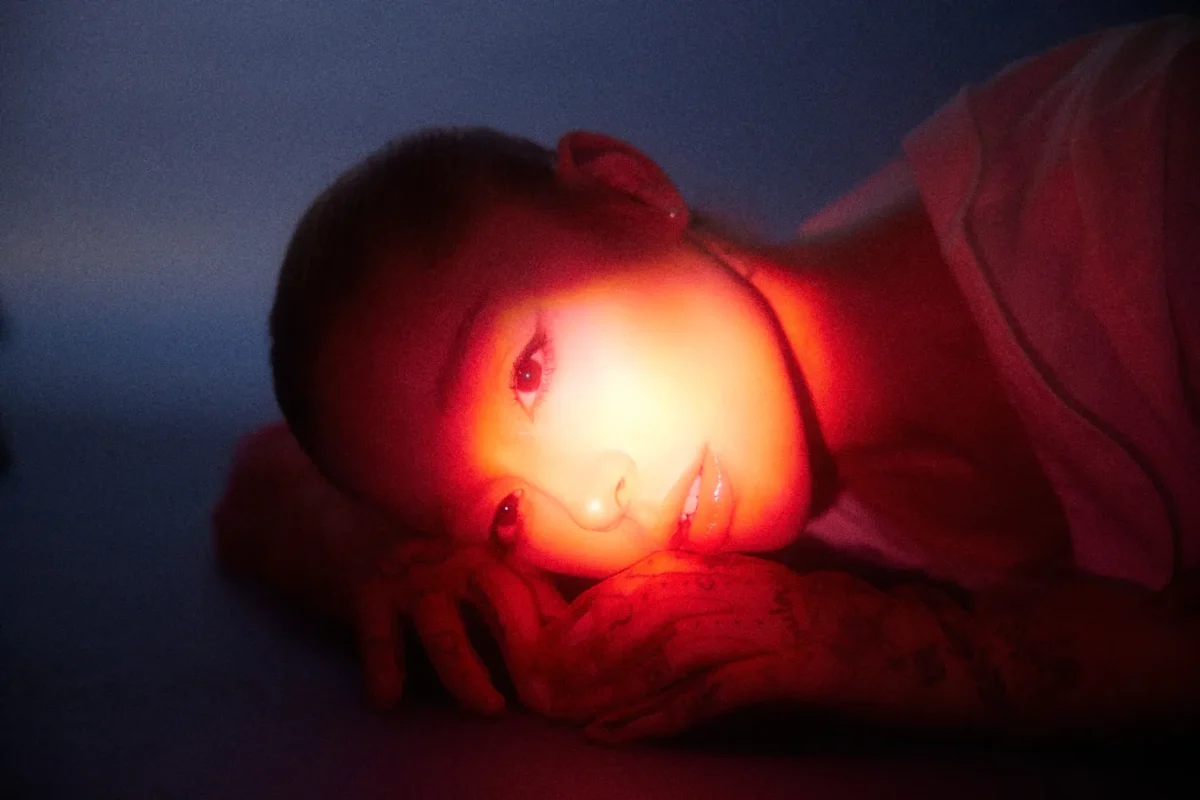I grew up watching films filled with action and fantasy. Spending hours fighting alongside my sister in intense magical battles to defeat the villain we conjured up in our tiny minds. I wrote myself into the Hero’s Journey because I believed I was a hero too.
Now, I feel like I’m trying to find where I would fit into the narrative. Somewhere along the way I lost the path that led to being a hero.
Hero: a person who is admired or idealized for courage, outstanding achievements, or noble qualities.
While hero may have a dictionary definition, I’ve never thought that just anyone could be a hero. My mind was always wired to believe that a hero had to do something great, something that benefited all of humanity. I began reaching for something that kept moving me further onto breaking ice. I became addicted to the habit of pushing myself deeper into freezing cold water. Submerged in this ideology that led to my unrealistic standards for perfection. My goal in life became simple. I wanted to BE someone. To be that hero. But to be a hero, there will always, always be a cost. Superman lost his parents, Bing Bong sacrificed himself for Riley, Spider-Man lost uncle Ben. I just wasn’t prepared.
Perfectionism swallowed me up before I even realized I was sinking. Weighted down by water with absolutely no way to fly. I found that every assignment needed to possess the right answers and if it did not, I equated it to a failing grade. Bs were Fs and 90 percent was just not good enough to be successful. Someone was always better than my best. I was never going to be a hero. Eventually, perfectionism plunged me into its dark reality. According to WebMD, in an article titled, “Perfectionism? Six Consequences We Know,” it states that perfectionism can lead to procrastination, increased vulnerability, anxiety and depression, physical health problems, strained relationships, and not being present in the moment.
These consequences seeped into my life resulting in burnout and lack of motivation which most prominently showed through my sophomore and junior year of high school. I pushed things off for the fear of it not being flawless. Even now, I find myself wanting this piece of writing to be perfect.
According to Brene Brown in her book titled, “The Gifts of Imperfection,” it states, “Perfectionism is not the same thing as striving to be your best. Perfectionism is the belief that if we live perfect, look perfect, and act perfect, we can minimize or avoid the pain of blame, judgement, and shame.” It feels safe to rely on perfection when it is seemingly permanent. It takes an incredible amount of time to disassociate being perfect with being your best. Brown goes on to say, “It’s a shield. It’s a twenty-ton shield that we lug around thinking it will protect us when, in fact, it’s the thing that’s really preventing us from flight.”
Heroes wield their shield of perfection as if it helps them save the world. It taught me that I must also carry around a shield. That I must also be weighted down by a burden. I was convinced that perfectionism was synonymous with heroism.
I wish I could say that I’ve fully separated perfectionism from myself, but I haven’t. Sometimes I still wield my shield when I don’t intend to and other times I find it easy to set down it and brave the waters. A hero doesn’t always need a shield and it took me a long time to accept that I didn’t either. After reflecting on all these classic heroes I see in comic books and on television; Spider-Man, Wonder Woman and Black Widow, I understood that I held them on a pedestal for far too long. They aren’t perfect. They are idealistic, stubborn, impulsive, prideful, reckless and more.
I find that beautiful.
Instead of hiding these so-called flaws, they accept that they are just as human as the rest of us. Realizing this created a mental shift, immersing me in the knowledge that I could have flaws and failures too. That I could be in the water but still keep myself afloat. I can write my own story as so many others before me have. Heroes are all around us and they lead normal lives, but still have extraordinary stories to tell.
It is time to redefine what it means to be a hero, imperfection and all. A hero can be defined by their courageous acts, yes, but oftentimes courage is seen as an action that holds a lot of value. Brown states, “Courage is like—it’s a habitus, a habit, a virtue: You get it by courageous acts. It’s like you learn to swim by swimming. You learn courage by couraging.”
Courage can be as simple as talking to a person you’ve never spoken to. If one values the actions they take, anything can be courageous. A hero can be defined by noble qualities, by taking one step after another. To be noble is to take time to better themselves in any way possible, even if it’s a small gesture. A hero can be defined by their achievements, but they don’t have to be outstanding to the world, but rather the achievement has to be outstanding to themselves.
Learning to swim is something everyone must do. It takes time, energy, and a lot of trial and error, but with it, comes great reward. You can explore coral reefs without the fear of not being able to breathe. You can wade through water without the weight of falling in. You can do anything, without perfection holding you back. I have found a world beyond the limitations of perfection, and it’s just below the surface. The true meaning of being a hero.
Hero: a person who does their best, despite mental and physical obstacles; who does what they can, with what they have
Synonyms: me, you, us



